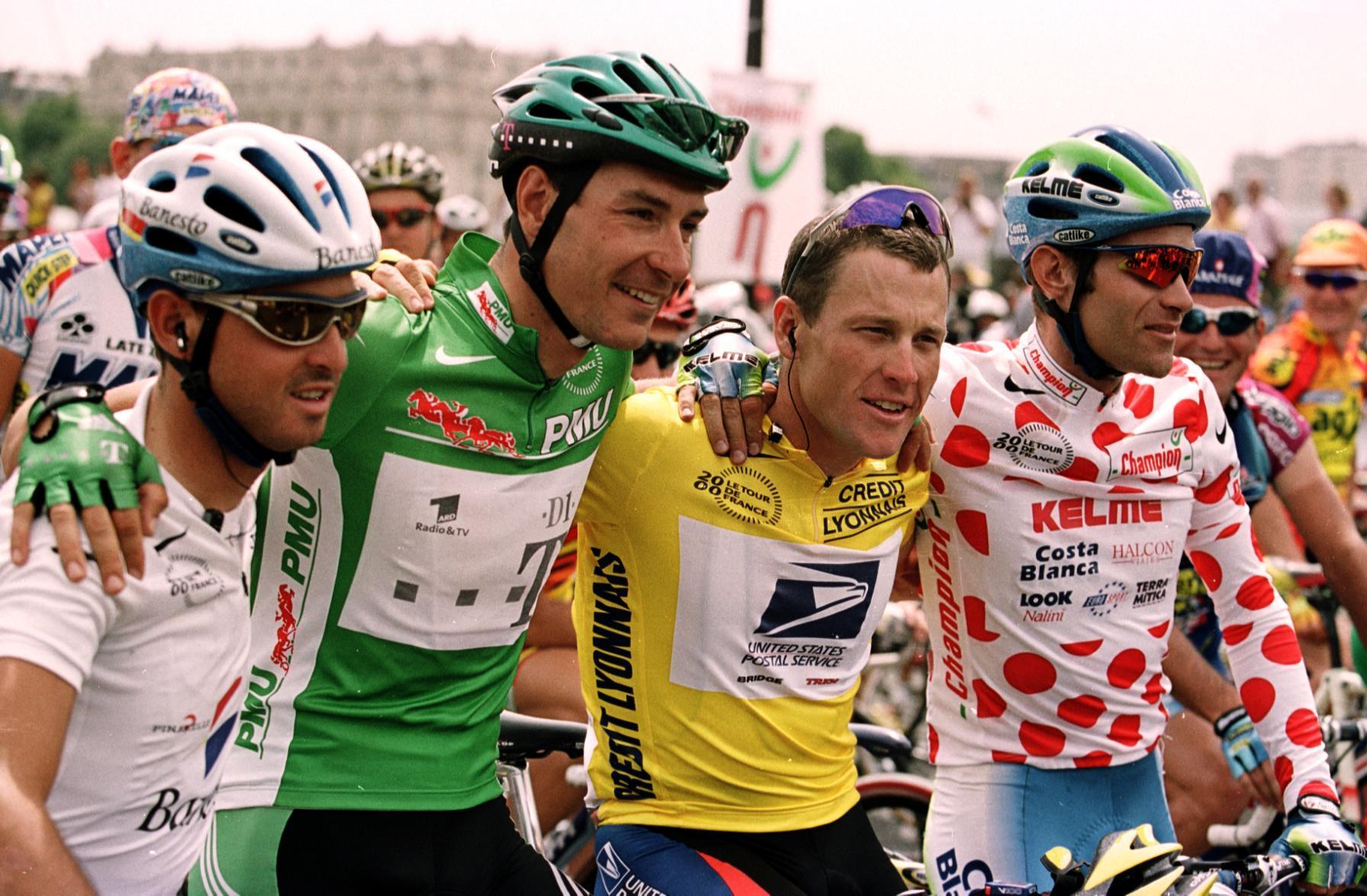Marking the fifth anniversary of his televised confession to Oprah Winfrey, Lance Armstrong revealed in conversation with USA Today that his spectacular fall from grace had financially cost him "in excess of 100 mil."
Proclaiming his desire to "earn back trust and apologise to people" in that interview with Oprah, Betsy Andreu, wife of Armstrong's former U.S. Postal teammate Frankie, explained to USA Today of her reasons for doubting the American's sincerity, however.
"It didn't take long after Mr. Armstrong's call that he resorted to his same old tactics of going after my husband and me, publicly as well as privately," Andreu stated.
"I tried to reconcile with him going so far as flying to meet with him in his hometown.
"When he refused to meet with me after I arrived in Austin, I knew his phone call was nothing more than a show for Oprah.
"I just wish he would now just leave us alone."
Falling somewhere between martyr and miser then, Armstrong's role in cultivating the uncertainty surrounding professional cycling is inescapable.

So, what of cycling post-Armstrong? How clean may it be considered after the exposition of this doping epidemic?
"I think system changes have happened," stated Travis Tygart, CEO of the United States Anti-Doping Agency (USADA) on Tuesday's OTB AM.
"I think the bias has changed because of those system changes, because of the deterrent value that's been shown through organisations willing to enforce the rules.
"I think it has absolutely changed in favour of clean athletes.
"Now, does that mean that athletes aren't trying to gain an advantage? Absolutely not, I think that's just human nature, that's the difficulty of the fight we're in.
"I think athletes now know that they can win the right way, and that if they see [cycling] is becoming dirty, they have outlets to go to ensure their right to compete clean is being upheld.
Deliberating on why that change has taken place, the USADA chief-executive explored the possible reasons behind it.
"Make no mistake, since the dark days of [cycling] in the late 1990s, when UCI was running it under their rules, it's an entirely different situation," Tygart assured.
"The likelihood of winning clean is I think as high as it's ever been. The tests are way better than they've ever been, and even in the riders' own admission, the athlete's biological passport has created an environment where the hardcore, game-changing doping of the past, the blood-transfusions that a few athletes at the time had access to ... is gone.
"We have to be vigilant to maintain it, but I think the culture has shifted dramatically since those days."
Download the brand new OffTheBall App in the Play Store & App Store right now! We've got you covered!
Subscribe to OffTheBall's YouTube channel for more videos, like us on Facebook or follow us on Twitter for the latest sporting news and content.







